- My Account
- Place a Reorder
- Logout
Home » Hospital Supplies
Showing 1–16 of 287 resultsSorted by popularity
-
Sale!
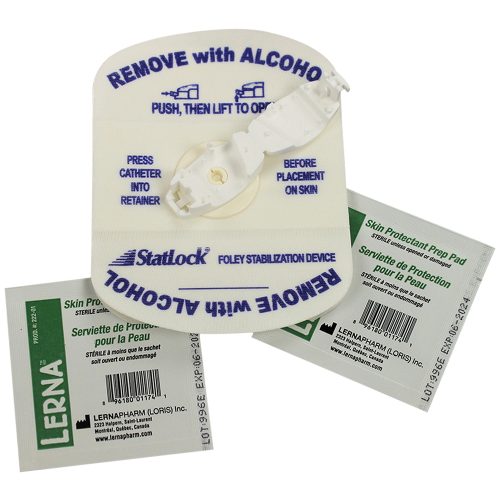 C.R. Bard
C.R. BardSTATLOCK Adult Foley Stabilization Device
Starting at: $5.39 Select options This product has multiple variants. The options may be chosen on the product page -
Sale!
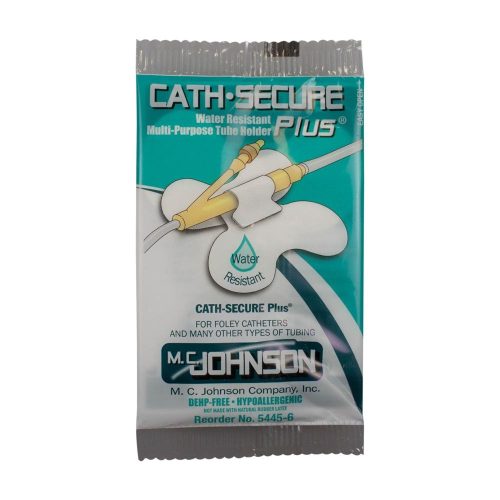 M.C. Johnson
M.C. JohnsonCATH-SECURE PLUS Water-Resistant Breathable Tube Holder
Starting at: $2.59 Select options This product has multiple variants. The options may be chosen on the product page -
Sale!
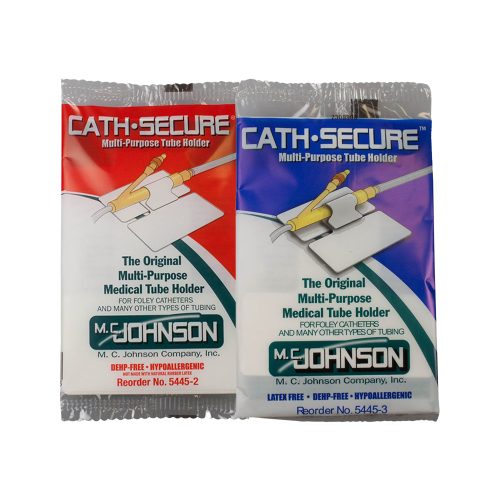 M.C. Johnson
M.C. JohnsonCATH-SECURE Multi-Purpose Tube Holder
Starting at: $2.29 Select options This product has multiple variants. The options may be chosen on the product page -
Sale!
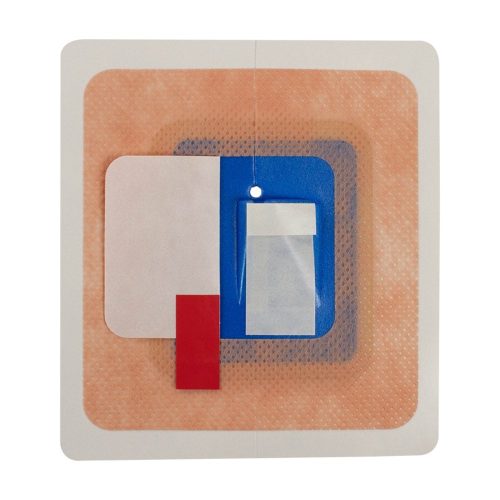 Merit Medical
Merit MedicalStayFIX Fixation Device
Starting at: $16.39 Select options This product has multiple variants. The options may be chosen on the product page -
Sale!
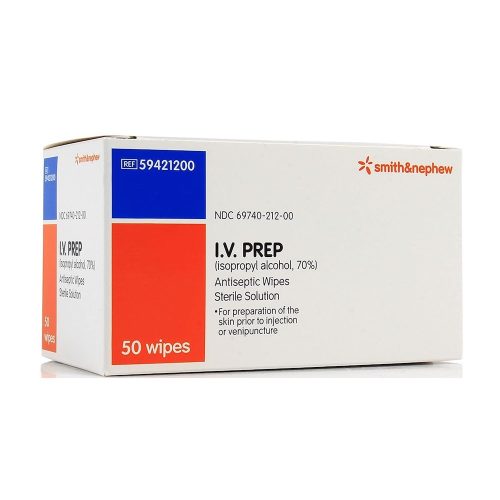 Smith & Nephew
Smith & NephewSmith & Nephew IV Prep Wipes
Starting at: $6.79 Select options This product has multiple variants. The options may be chosen on the product page -
Sale!
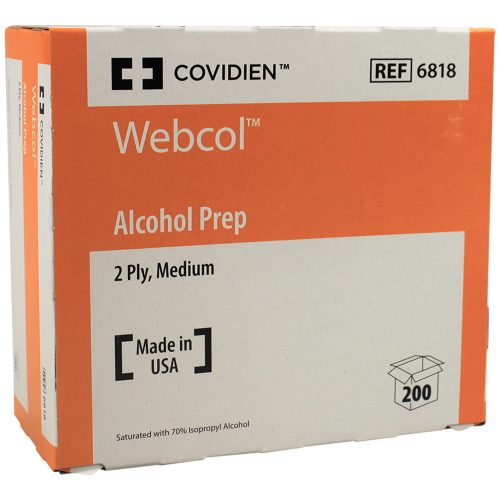 Cardinal Health
Cardinal HealthWebcol Alcohol Prep Pads
Starting at: $3.39 Select options This product has multiple variants. The options may be chosen on the product page -
Sale!
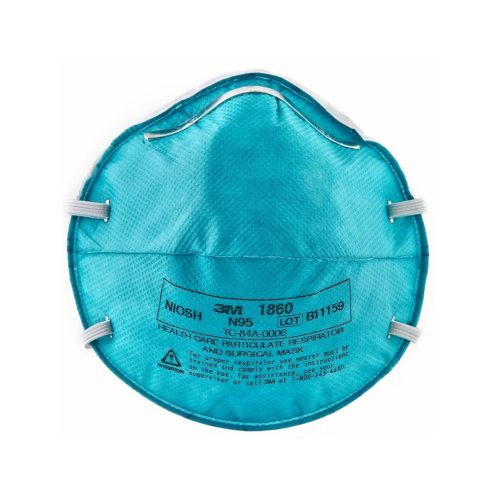 Solventum (Formerly 3M)
Solventum (Formerly 3M)3M Health Care 1860 & 1860S N95 Particulate Respirator and Surgical Masks
Starting at: $29.29 Select options This product has multiple variants. The options may be chosen on the product page -
Sale!
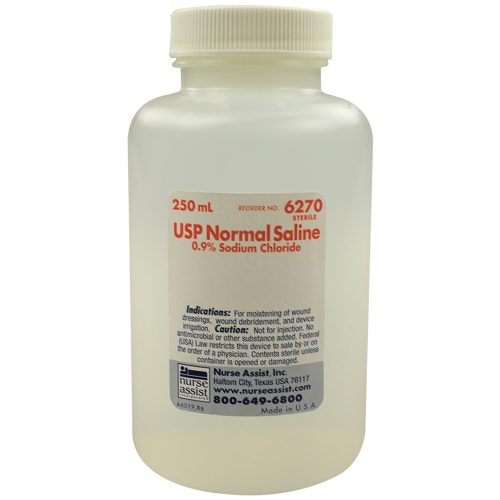 Nurse Assist
Nurse AssistNurse Assist USP Normal Saline 0.9% Screw Top
Starting at: $1.59 Select options This product has multiple variants. The options may be chosen on the product page -
Sale!
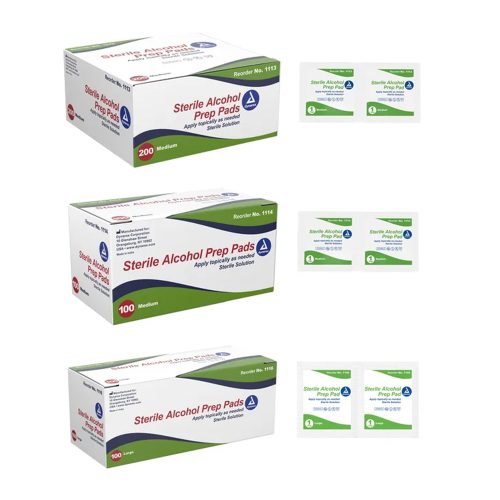 Dynarex
DynarexDynarex Sterile Alcohol Prep Pads
Starting at: $1.49 Select options This product has multiple variants. The options may be chosen on the product page -
Sale!
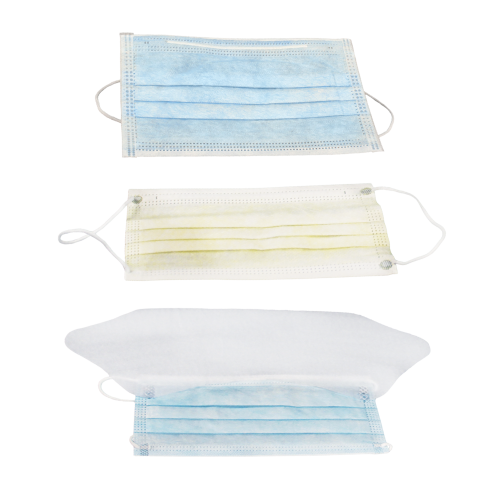 Dynarex
DynarexDynarex Procedure Face Mask – with Ear Loop
Starting at: $0.59 Select options This product has multiple variants. The options may be chosen on the product page -
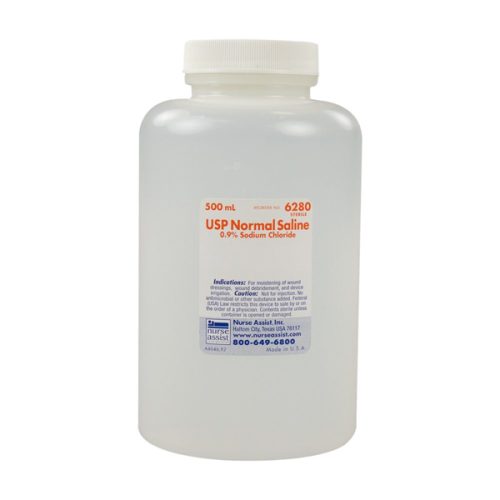 Nurse Assist
Nurse AssistNurse Assist USP Normal Saline 0.9% Square Bottle
Read more -
Sale!
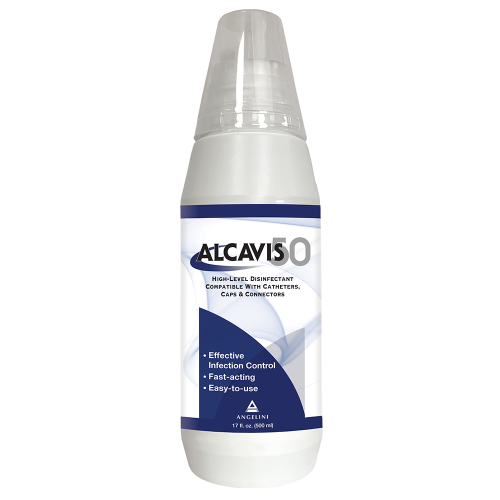 Angelini Pharma
Angelini PharmaAlcavis 50 High Level Disinfectant
Starting at: $14.29 Select options This product has multiple variants. The options may be chosen on the product page -
Sale!
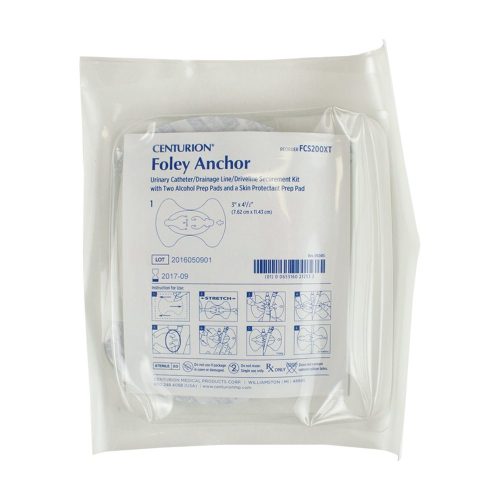 Centurion Medical Products
Centurion Medical ProductsCenturion LVAD Driveline Securement Device (Foley Anchor)
Starting at: $9.49 Select options This product has multiple variants. The options may be chosen on the product page -
Sale!
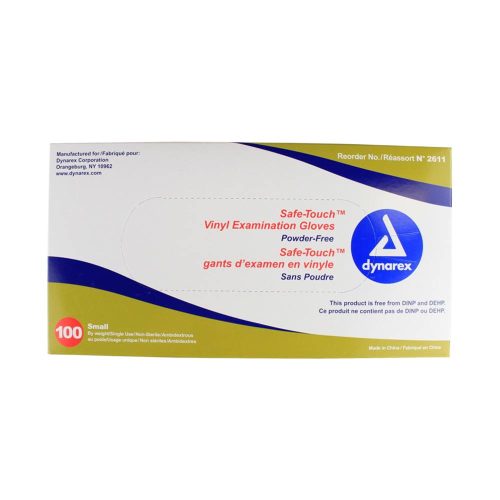 Dynarex
DynarexSafe-Touch Powder Free Vinyl Exam Gloves
Starting at: $7.39 Select options This product has multiple variants. The options may be chosen on the product page -
Sale!
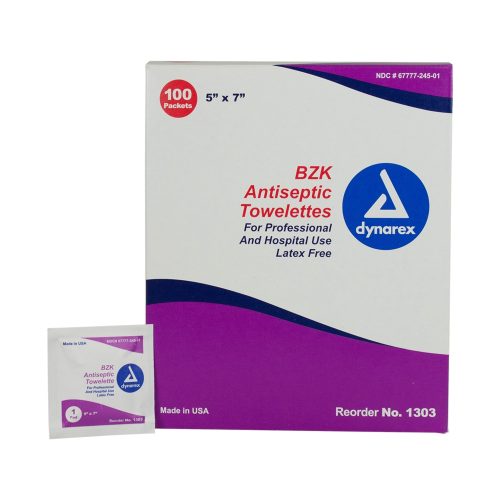 Dynarex
DynarexDynarex Benzalkonium Antiseptic Towelettes
Starting at: $0.29 Select options This product has multiple variants. The options may be chosen on the product page -
Sale!
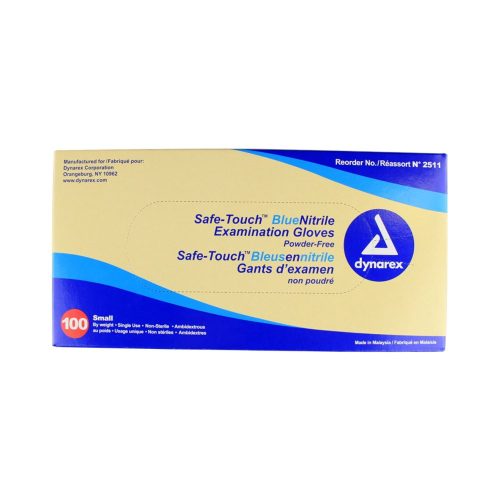 Dynarex
DynarexDynarex Safe-Touch Blue Nitrile Exam Gloves
Starting at: $9.49 Select options This product has multiple variants. The options may be chosen on the product page
Hospital Supplies
Hospital supplies encompass the instruments and essentials needed to perform certain procedures, as well as the solutions for containing waste and following health and safety regulations.
Surgical Instruments
Medical professionals utilize a range of surgical instruments. Common instruments include:
- Scalpels for making incisions.
- Straight- or curved-edge scissors for cutting tissue or stitches.
- Forceps and clamps with a serrated or smooth tip for grabbing and holding onto smaller objects or removing tissue or debris.
- Retractors for helping open an incision or tissue.
See all surgical instruments available.
IV Securement Devices
Ensure stability and comfort with Medical Monks’ selection of IV securement devices. Designed to keep IV lines securely in place, these devices help reduce the risk of dislodgement and irritation. Explore a variety of options to meet your medical or personal care needs.
Needles and Syringes
In general, needles and syringes are sterile devices that assist with injecting solutions into or withdrawing fluids from the body. However, both have different constructions and purposes:
- A needle is a hollow tube made out of metal and features a pointed tip to better assist with injections.
- A syringe made out of glass or plastic utilizes a plunger function on one side. The opposite end has an opening for a needle.
Together, these two components assist with delivering drugs, injecting a small amount of fluid, or removing various types of bodily fluids, including blood. Not all syringes are the same and vary based on the type of injection about to be delivered, including subcutaneous, intramuscular and intradermal, plus the medication used. Needle gauge varies similarly for the type of procedure and injection.
Shop all needles and syringes.
Shop all blood collection kits.
Collection Containers
For urinalysis, which may go hand-in-hand with a blood test, a patient may need to provide a sample. Collection containers are essential for this purpose: the patient provides a specimen in the testing facility or takes a kit home to drop off later. The goal is obtaining an uncontaminated sample to draw accurate diagnostic results. See all specimen collection containers.
Disposal Solutions
Hospitals generate specific types of waste, from blood and other bodily fluids to sharp, surgical instruments, that are classified as hazardous. In turn, hospital staff can’t simply deposit all discarded samples, soiled bedding and used needles into an ordinary wastebasket. Instead, dedicated containers assist with their disposal.
Particularly concerning needles, surgical instruments and other sharp objects, these containers are constructed out of puncture-resistant materials, less likely to tip over and remain securely closed to prevent contents from spilling out. See all disposal containers.
Surgical and Procedural Masks
Medical masks are essential for reducing the spread of liquid and airborne pathogens and are classified by three ASTM levels. Level 1 masks are more breathable but provide a lower level of filtration for bacteria and viruses. Level 2 masks not only provide a greater degree of filtration against microorganisms, but they also are somewhat splash and spray resistant. Level 3, designated for surgical masks, provides the greatest degree of filtration and fluid resistance and is ideal for use in operating rooms. See all surgical and procedure masks.